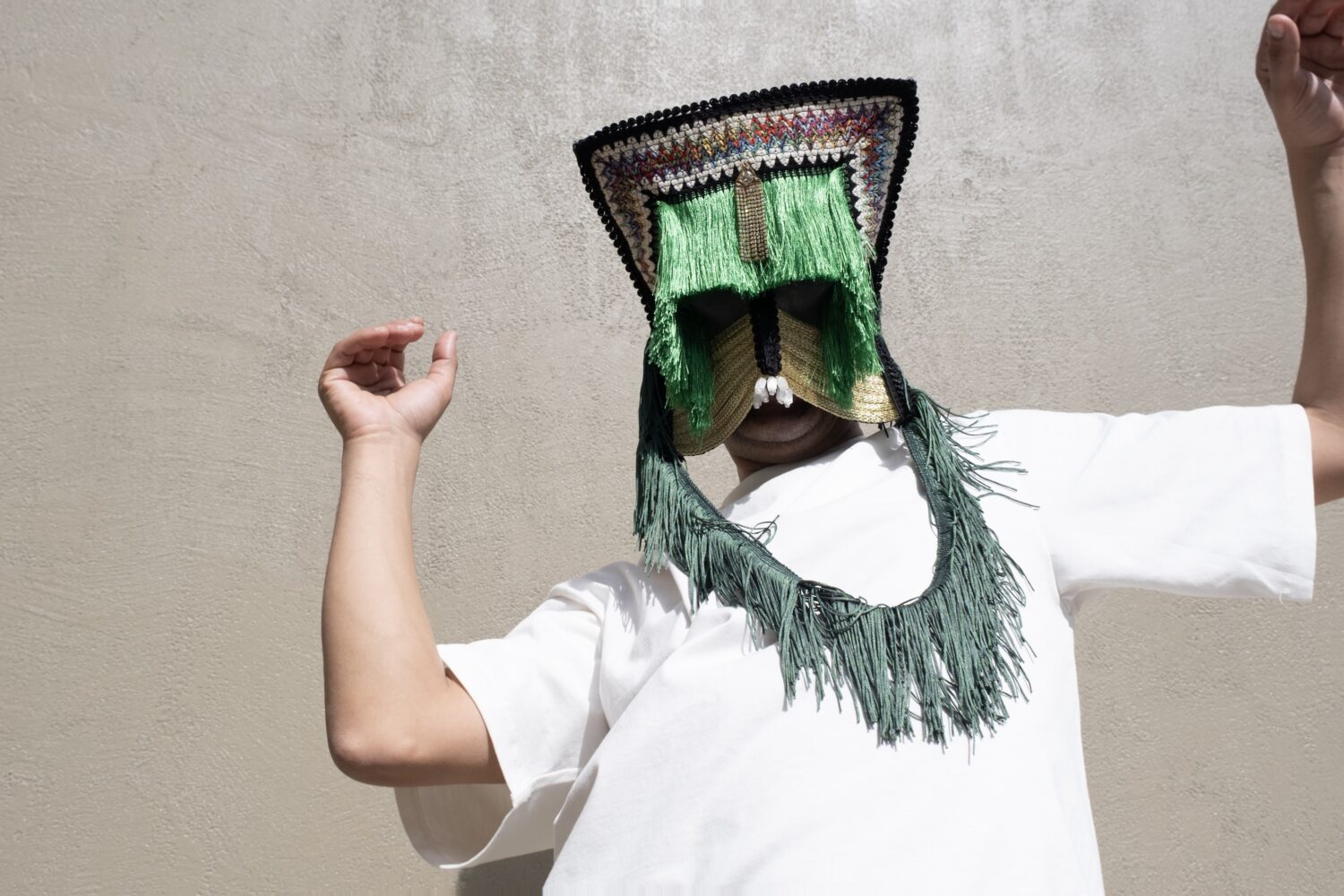Guedra Guedra

The name Guedra Guedra refers to a Moroccan traditional dance from Saharan communities, and a type of cooking pot that can be adapted into a drum by stretching a leather skin over the top of it. Abdellah was born and raised in Casablanca, Morocco and today lives between that city and Marrakech. When he was growing up, he was a bassist and a drummer in various bands, playing everything from metal to reggae and rock. He started to get interested in electronic music and dub when he heard produce...
The name Guedra Guedra refers to a Moroccan traditional dance from Saharan communities, and a type of cooking pot that can be adapted into a drum by stretching a leather skin over the top of it. Abdellah was born and raised in Casablanca, Morocco and today lives between that city and Marrakech. When he was growing up, he was a bassist and a drummer in various bands, playing everything from metal to reggae and rock. He started to get interested in electronic music and dub when he heard producers like Aisha Kandisha’s Jarring Effects, Muslimgauze and Badawi, all artists that fused parts of Moroccan traditional music with machine sounds.
Abdellah produced two releases under the name Dubosmium, an electronic dub project, and started a parallel practice as a sound artist, using samples and field recordings he’d made while travelling around Morocco, Egypt, Mauritania, Senegal and other African countries. “I would record storytelling from different people to think about collective memory. It’s a way to reflect together on our history and identity, and to bring forth a shared knowledge that is not imposed from above, but built with those who live it,” he says. “From my archive, I then tried to create some sound pieces, installations and visuals.” Abdellah went on to reconfigure his sound as Guedra Guedra, aiming to preserve African musical practices by mixing parts of his field recordings with cutting-edge beats. “I met a lot of people around the world who’d say, ‘We need to save this traditional music practice, you should bring people to the studio to record.’ But I don’t feel that you can just bring a musician in from the mountains into a modern studio and capture their sound authentically, so I focused on field recordings and thought that this approach could form the foundation of my electronic music.”
On his Son of Sun EP (2020) and debut album Vexillology (2021), released via On The Corner Records, Guedra Guedra used bass-heavy rhythms from dubstep, footwork and hip-hop, adding sampled voices, percussion and instruments with environmental found sounds like bird song and crashing ocean surf. Vexillology went on to receive glowing praise from Mixmag, The Guardian and Resident Advisor.
Building on the innovations of these records, MUTANT finds Guedra Guedra committing to incorporating a growing array of Pan-African polyrhythms into the dancefloor. His music serves as a form of resistance and a process of decolonization, a call to imagine spaces that passionately embrace marginalized voices and African presence, and to question power dynamics within the realms of art. “This reappropriation of spaces for musical creation and celebration is of utmost importance in Afrofuturism,” says Abdellah. “It overturns power relations and valorizes cultures and ancestral knowledge, while placing the issues of memory, ownership, and access at the heart of the decolonial debate.”
In the process of developing and sculpting his sound, Guedra Guedra is exploring his identity as an artist in Morocco, a country with a complex history that incorporates aspects of the MENA (Middle East and North Africa) area and other parts of the African continent into its cultural heritage. “Some people in Morocco will say, ‘we are Arab’; the other one will say, ‘no, we are Amazigh.’ I talk about myself as a Moroccan,” says Abdellah. “We are in the context of the Arab world, but at the same time we are in the context of Africa, which was also colonized by French people.” Abdellah sees Guedra Guedra as a project of technological as well as cultural decolonization. “Mainstream music production software has often carried biases, reflecting the cultural dominance of the West and excluding non-western configurations of sounds and beats,” he says. “By utilizing machines and orienting them towards polyrhythmic Sub-Saharan and North Africa, MUTANT contributes to a more inclusive and representative technological dimension of bass music production.”
MUTANT is a revolutionary record, an ingenious meld of the organic and the electronic. While Guedra Guedra’s samples and field recordings celebrate the diverse folk music history and heritage of Africa, his drum programming and synth work across the album reinterpret these sounds for dance floors. As Abdellah says, he’s “researching rhythm, researching sound, researching people. I said, ‘I need to learn more about African culture.’ I’m learning at the same time as I’m doing this music.”